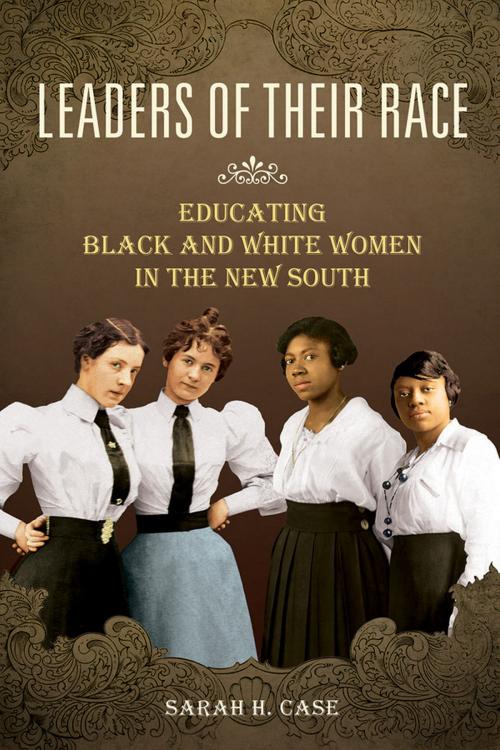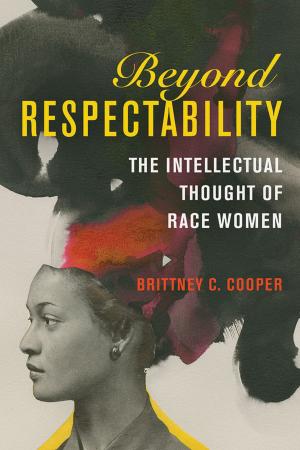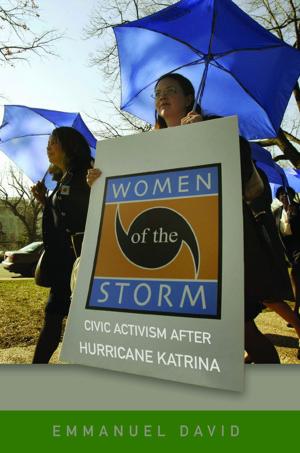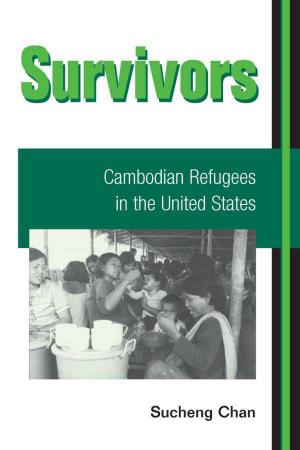Leaders of Their Race
Educating Black and White Women in the New South
Nonfiction, Reference & Language, Education & Teaching, History, Social & Cultural Studies, Social Science, Gender Studies, Women&| Author: | Sarah H. Case | ISBN: | 9780252099847 |
| Publisher: | University of Illinois Press | Publication: | August 30, 2017 |
| Imprint: | University of Illinois Press | Language: | English |
| Author: | Sarah H. Case |
| ISBN: | 9780252099847 |
| Publisher: | University of Illinois Press |
| Publication: | August 30, 2017 |
| Imprint: | University of Illinois Press |
| Language: | English |
Secondary level female education played a foundational role in reshaping women's identity in the New South. Sarah H. Case examines the transformative processes involved at two Georgia schools--one in Atlanta for African-American girls and young women, the other in Athens and attended by young white women with elite backgrounds. Focusing on the period between 1880 and 1925, Case's analysis shows how race, gender, sexuality, and region worked within these institutions to shape education. Her comparative approach shines a particular light on how female education embodied the complex ways racial and gender identity functioned at the time. As she shows, the schools cultivated modesty and self-restraint to protect the students. Indeed, concerns about female sexuality and respectability united the schools despite their different student populations. Case also follows the lives of the women as adult teachers, alumnae, and activists who drew on their education to negotiate the New South's economic and social upheavals.
Secondary level female education played a foundational role in reshaping women's identity in the New South. Sarah H. Case examines the transformative processes involved at two Georgia schools--one in Atlanta for African-American girls and young women, the other in Athens and attended by young white women with elite backgrounds. Focusing on the period between 1880 and 1925, Case's analysis shows how race, gender, sexuality, and region worked within these institutions to shape education. Her comparative approach shines a particular light on how female education embodied the complex ways racial and gender identity functioned at the time. As she shows, the schools cultivated modesty and self-restraint to protect the students. Indeed, concerns about female sexuality and respectability united the schools despite their different student populations. Case also follows the lives of the women as adult teachers, alumnae, and activists who drew on their education to negotiate the New South's economic and social upheavals.















